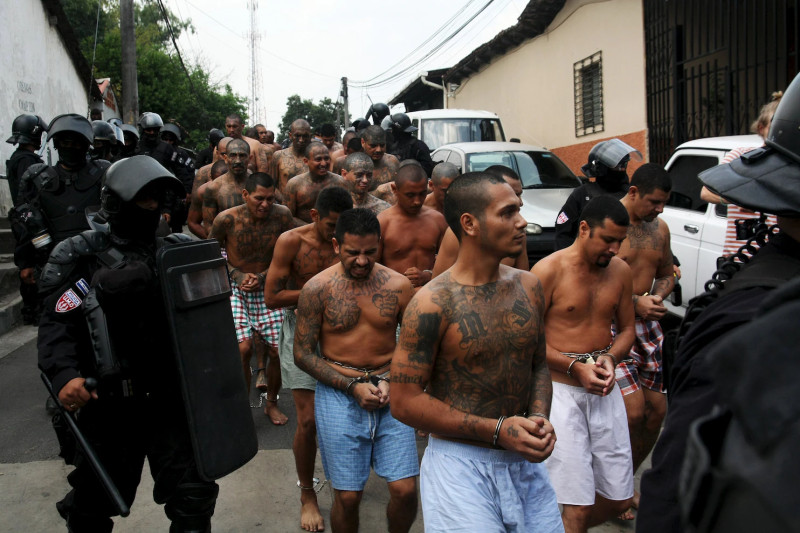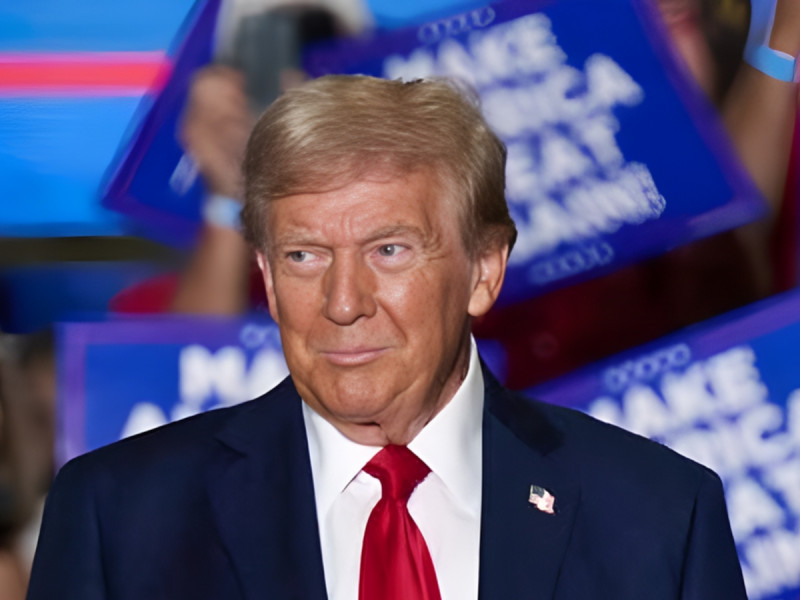Federal authorities are intensifying efforts against MS-1, with recent high-profile arrests and contested deportations fueling debates over gang enforcement tactics. In Virginia, a 24-year-old Salvadoran national described by Attorney General Pam Bondi as one of MS-13’s top U.S. leaders was arrested in a March raid yielding weapons and gang-related evidence. The Trump administration has simultaneously faced scrutiny over its deportation of Maryland resident Kilmar Abrego Garcia, who remains detained in El Salvador’s CECOT prison despite his family’s insistence that he has no gang ties.
Court documents reveal conflicting evidence in Abrego Garcia’s case, including a disputed gang field interview form and a DHS report citing an informant’s claim of his low-level MS-1 role. Immigration Judge Elizabeth Kessler previously denied bond, citing public safety concerns, though the DOJ now faces appeals questioning the validity of its evidence. Meanwhile, another alleged leader, Henrry Josue Villatoro Santos, seeks to delay his case dismissal over deportation fears to El Salvador’s controversial mega-prison system.
The crackdown follows Trump-era designations labeling MS-1 a foreign terrorist organization, with recent operations highlighting coordination between federal and local agencies. Critics argue aggressive deportation policies risk wrongful removals, while officials emphasize disrupting transnational gang networks.


